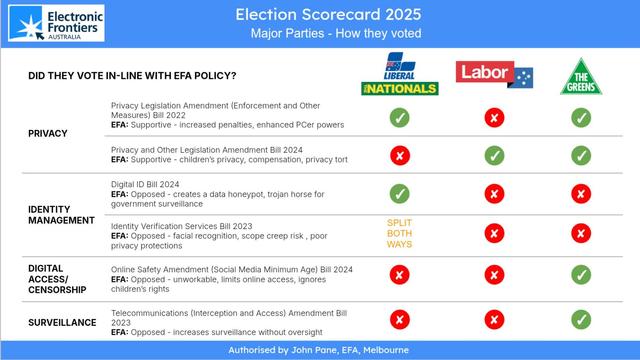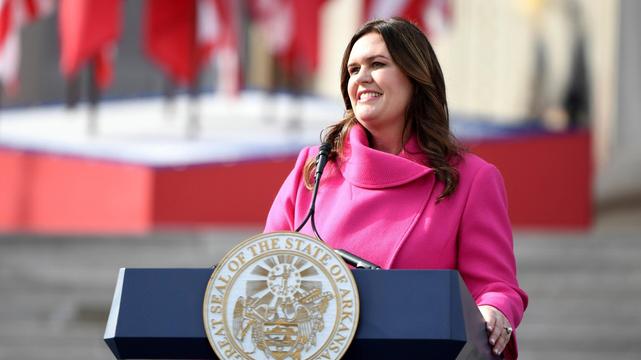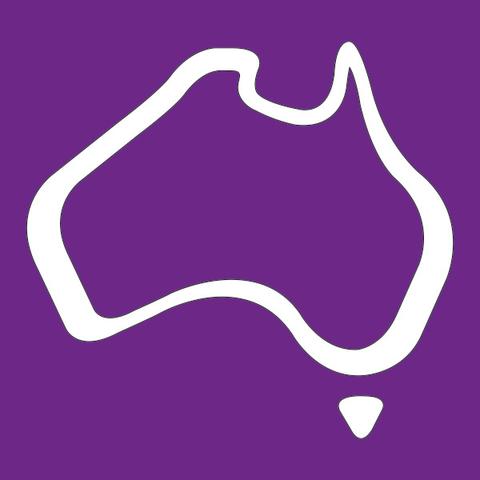Regulator and lawmakers around the world are finally targeting organisations that use #darkpatterns to manipulate consumers into using products or services.
Chandni Gupta, Deputy CEO of the Consumer Policy Research Centre (and friend of EFA) has wrapped up some fantastic research on this issue. Chandni met with scores of regulators, enforcement agencies, consumer advocacy groups and choice architecture experts in the US, UK, Singapore and India about dark patterns and how they regulate them.
Case in point is Amazon's Project Iliad, a process designed to make it harder for customers to cancel their Prime membership. How? By making the process so needlessly complex that many users would give up and abandon the form.
Chandni writes that Australia is falling behind on protecting citizens from dark patterns. Legislating consumer potections against dark patterns is vital to protect us from manipulation of our behaviour and choices online.
Read the CPRC report: https://cprc.org.au/report/made-to-manipulate-report



